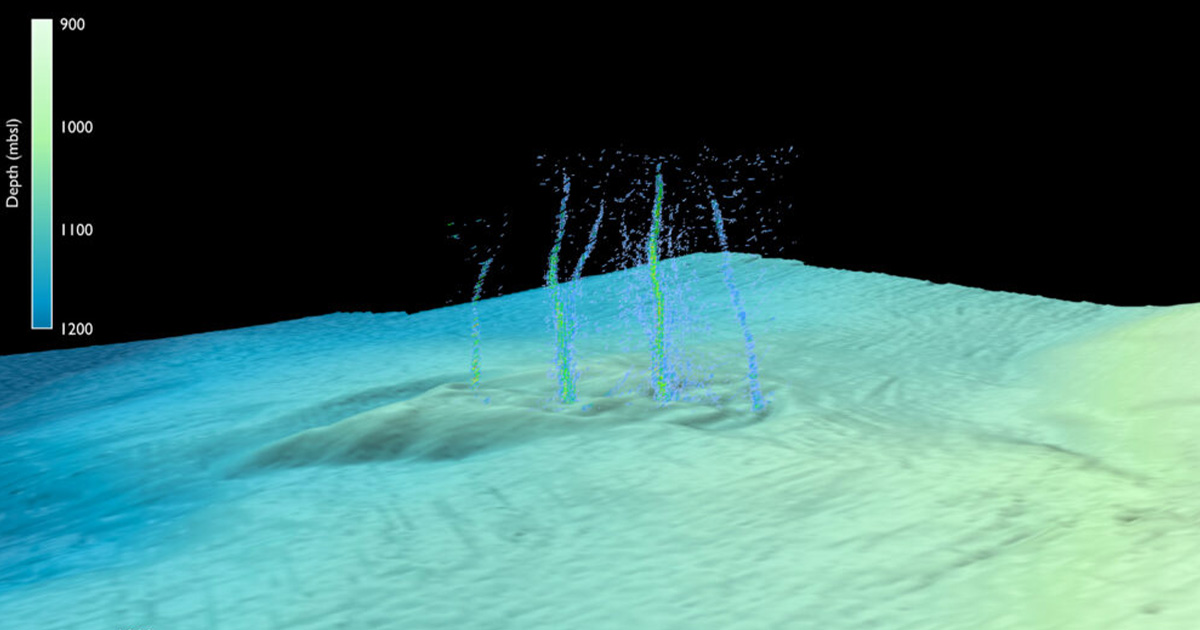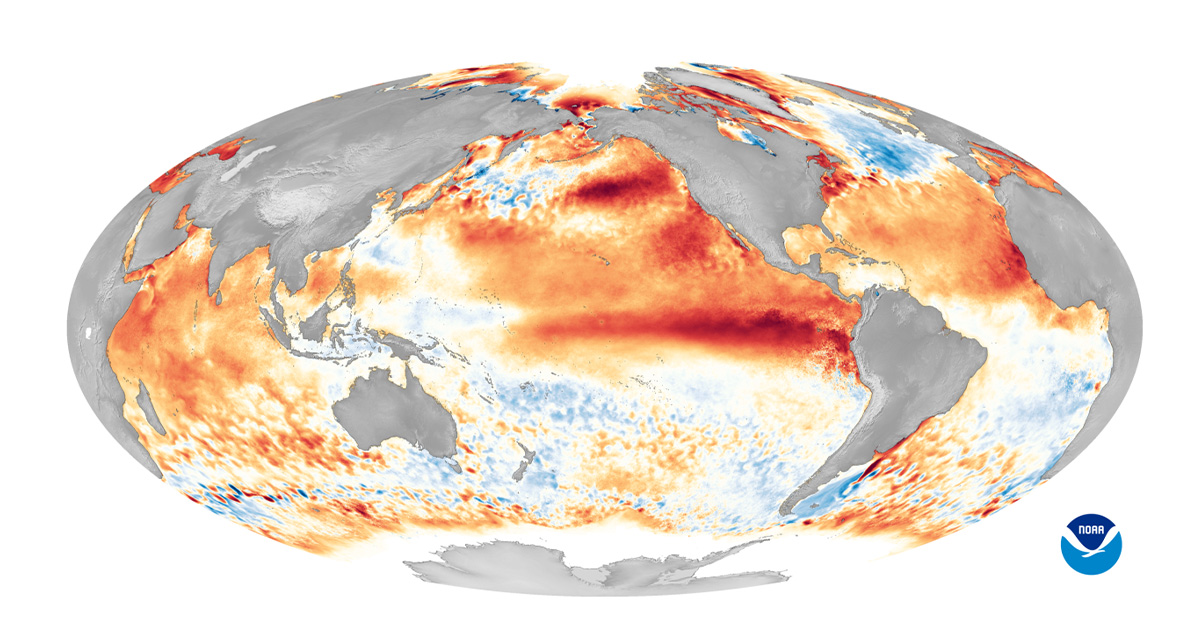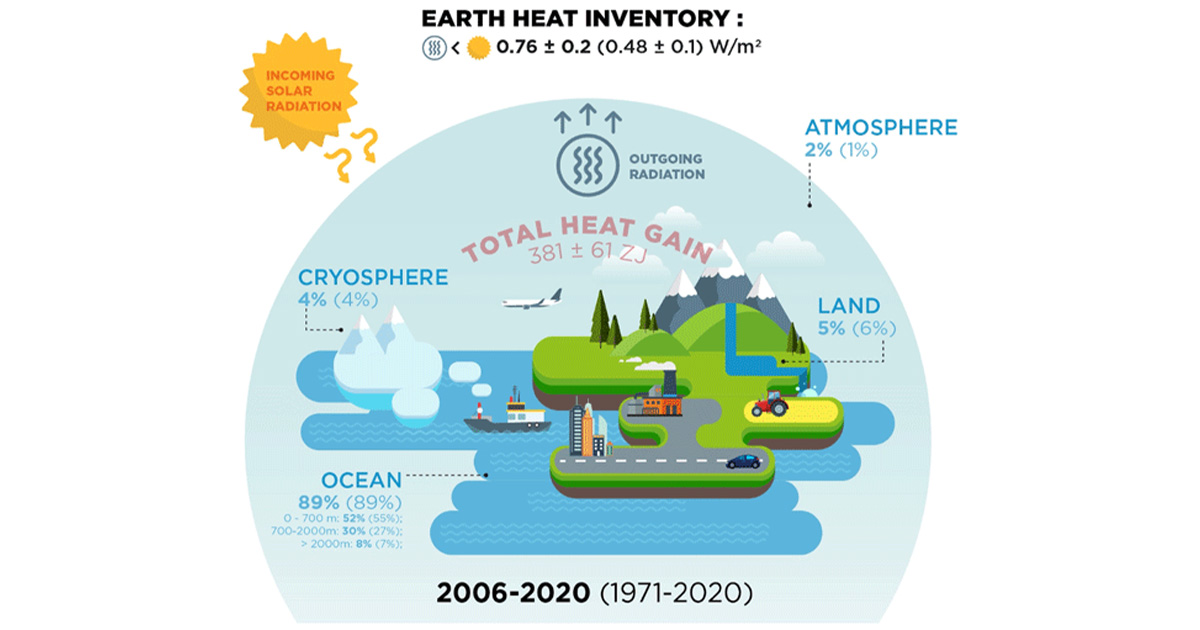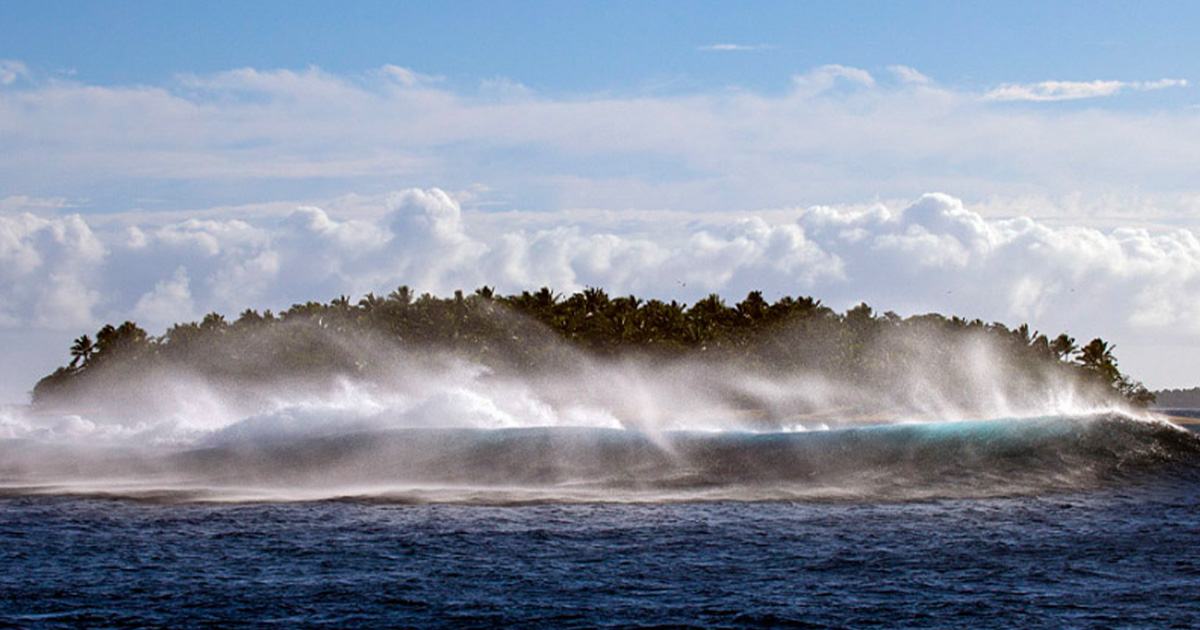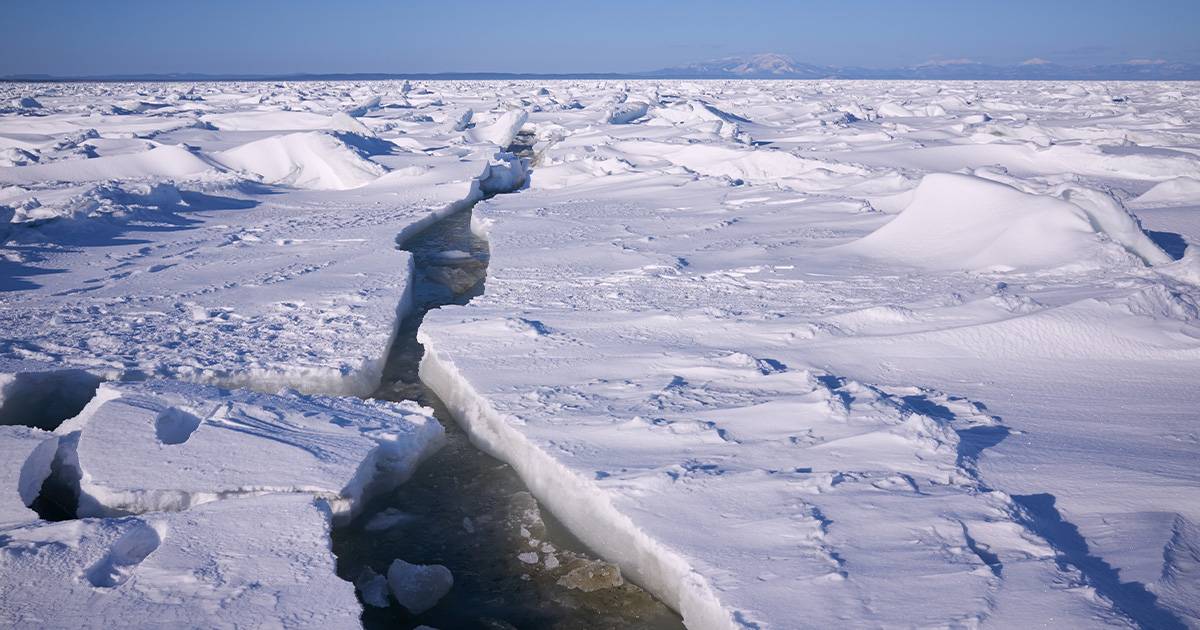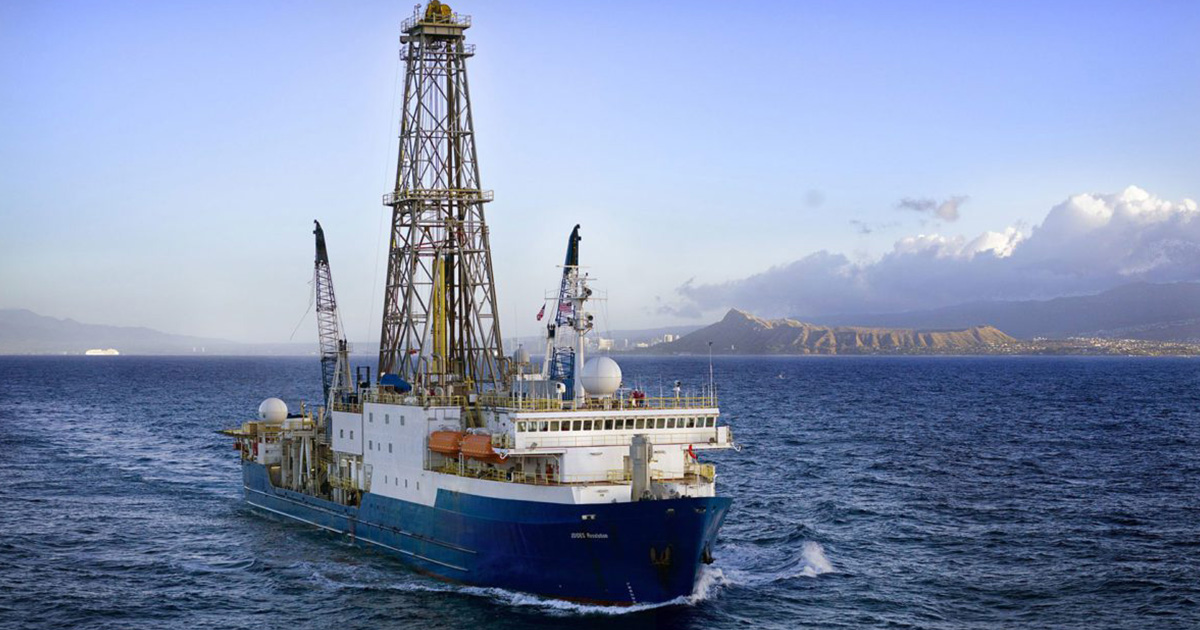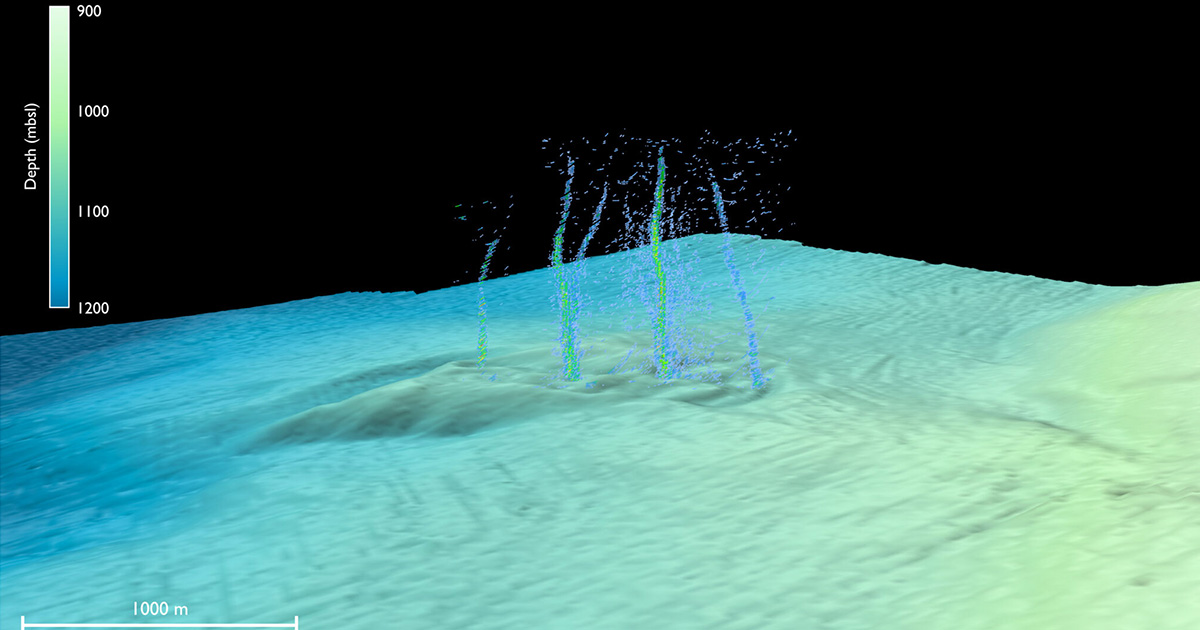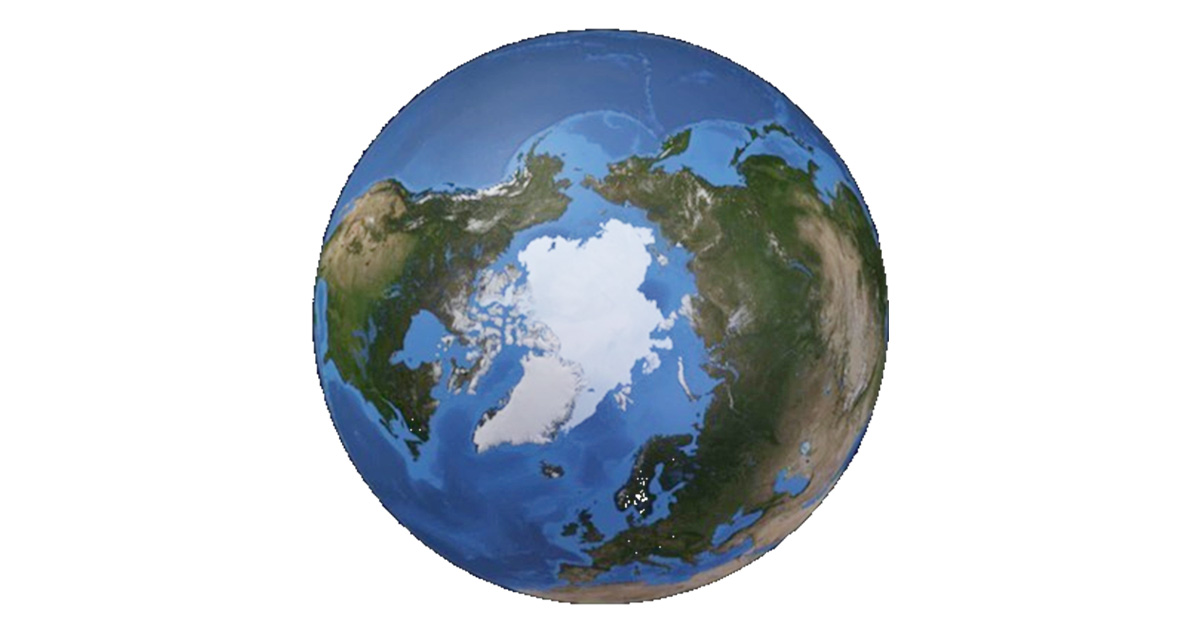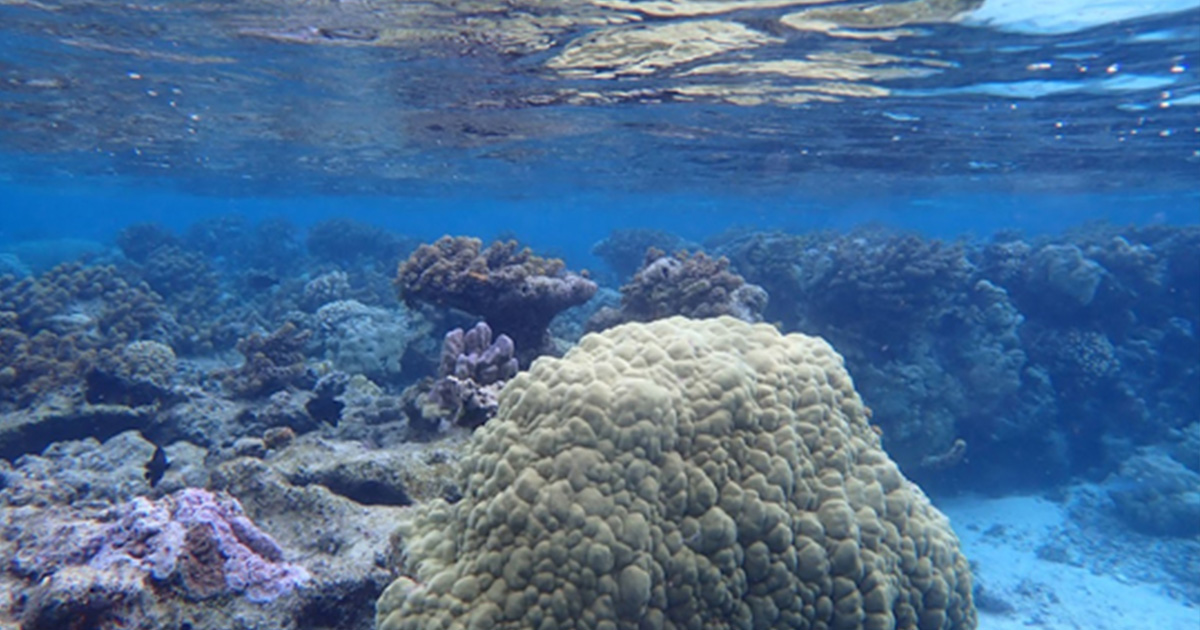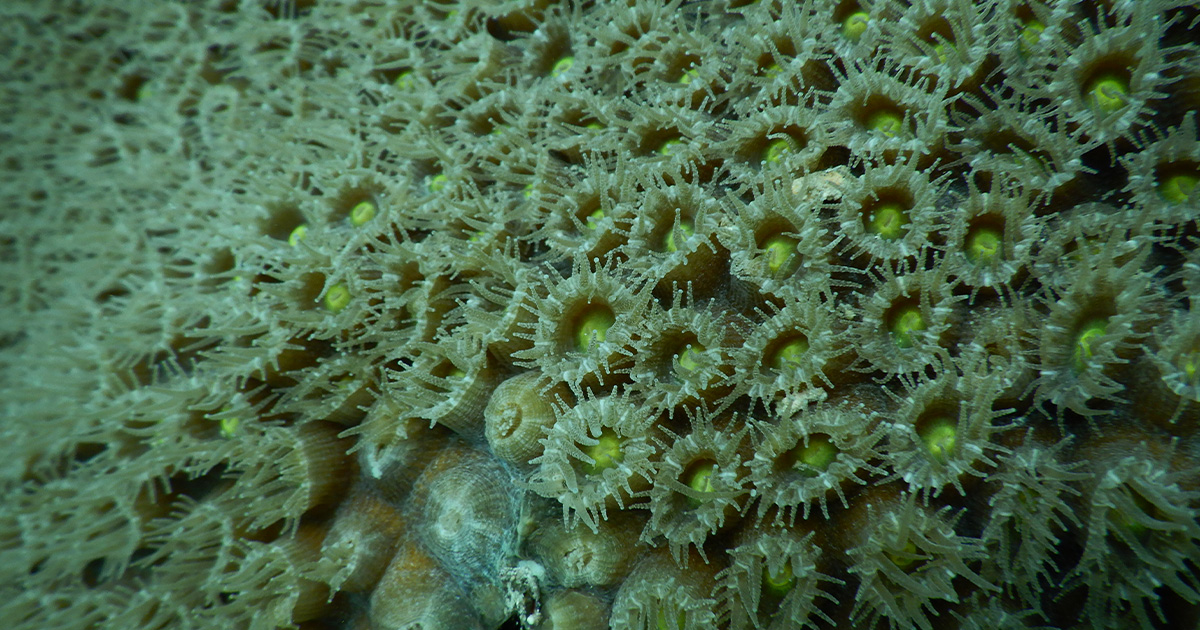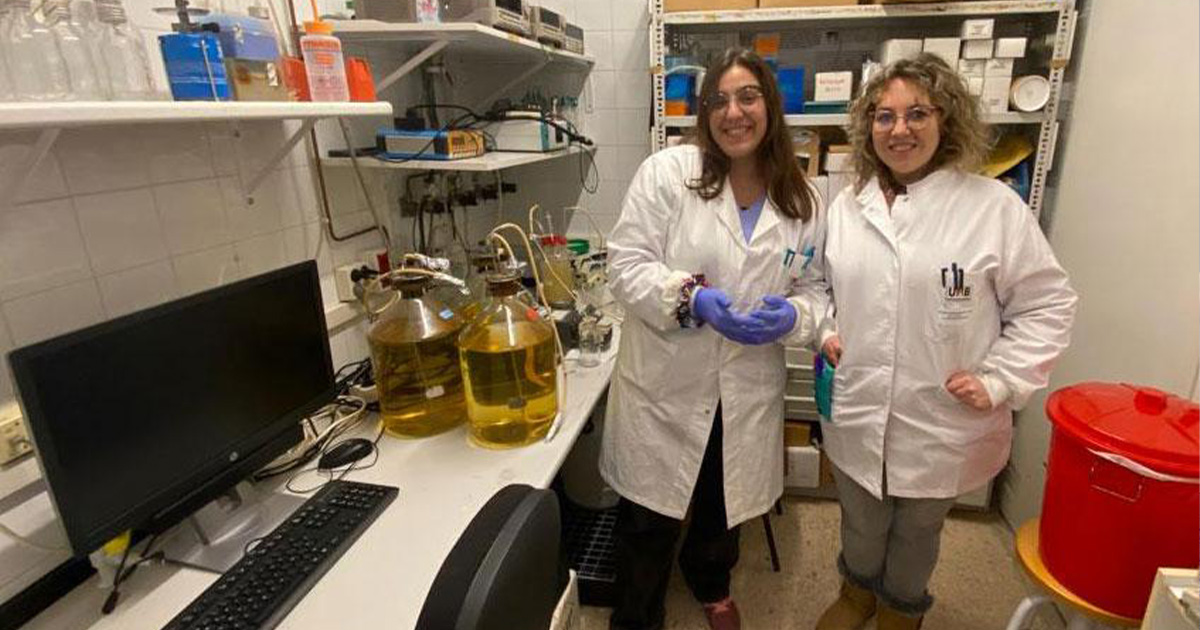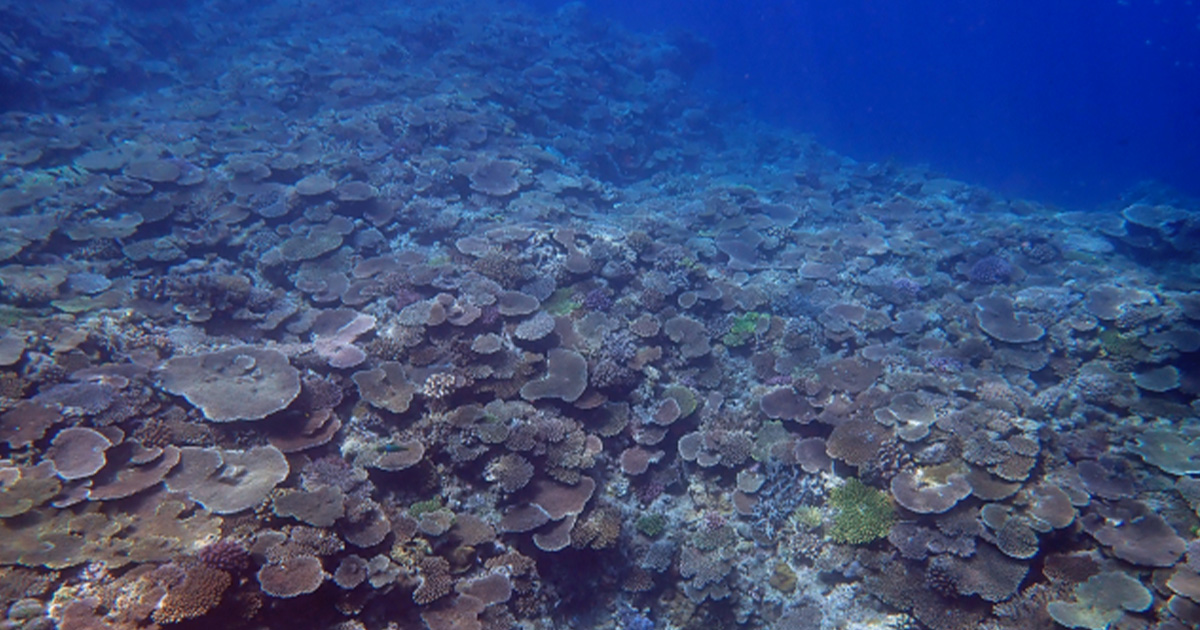The field of plate tectonics is not that old, and scientists continue to learn the details of earthquake-producing geologic faults. The Cascadia...
- Posted On
El Nino Likely to Develop this Summer
NOAA’s Climate Prediction Center has issued an El Nino Watch this morning as part of its April ENSO outlook.
A new study shows that 89% of the excess heat built up in the Earth system from 1960-2020 has been absorbed by the Ocean. An international team of...
A new study led by scientists at the University of Miami and the Khaled bin Sultan Living Oceans Foundation measured the size of the Tongan tsunami...
Ice sheets can retreat up to 600 meters a day during periods of climate warming, 20 times faster than the highest rate of retreat previously...
How and where life began 3.5 billion years ago is still a mystery, but there are two things of which scientists are almost certain. First, for much...
The field of plate tectonics is not that old, and scientists continue to learn the details of earthquake-producing geologic faults. The Cascadia...
Marine predators have expanded their ranges into the Arctic waters over the last twenty years, driven by climate change and associated increases in...
A groundbreaking three-year study in the South Pacific has found evidence that ocean warming can trigger outbreaks of ‘dinoflagellate-infecting RNA...
Researchers with the Smithsonian's National Museum of Natural History have discovered the first effective bacterial probiotic for treating and...
MER-CLUB is an ambitious scientific project which aims to tackle the issue of mercury pollution in marine sediments. Mercury pollution is a global...
Researchers from the Okinawa Institute of Science and Technology (OIST) have developed a method to measure coral biodiversity through extracting the...

ECO Magazine is a marine science trade publication committed to bringing scientists and professionals the latest ground-breaking research, industry news, and job opportunities from around the world.
Quick Links
Corporate
8502 SW Kansas Ave
Stuart, FL 34997
info@tscpublishing.com
Newsletter Signup
The ECO Newsletter is a weekly email featuring the Top 10 stories of the past seven days, providing readers with a convenient way to stay abreast on the latest ocean science and industry news.


